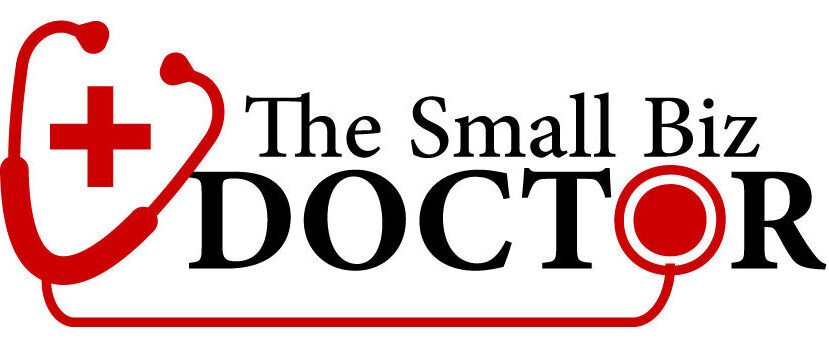
Understanding Cash Flow Management
Cash flow is the lifeblood of your small business, determining your ability to pay bills, invest in growth, and weather unexpected challenges. Poor cash flow management can lead to financial stress or even business failure, while effective management sets the stage for long-term success. In this guide, we’ll explore the importance of cash flow management and share practical steps to improve it, helping your small business thrive.
Why Cash Flow Management Matters
Cash flow management is the process of tracking, analyzing, and optimizing the money flowing in and out of your business. It’s not just about profits—it’s about ensuring you have enough cash on hand to meet immediate needs and plan for the future. Here’s why it’s critical:
- Ensures Operational Stability: Positive cash flow allows you to cover expenses like payroll, rent, and supplies without relying on loans or credit.
- Supports Growth: Adequate cash reserves enable investments in marketing, equipment, or new hires.
- Prevents Financial Crises: Proactive management helps you avoid cash shortages that could disrupt operations.
- Boosts Business Valuation: Strong cash flow signals financial health to investors or buyers, increasing your business’s worth. Learn more in our article on bookkeeping for business valuation.
Without proper cash flow management, even profitable businesses can struggle to stay afloat.
Signs of Poor Cash Flow
Before diving into solutions, recognize the warning signs of cash flow issues:
- Difficulty paying bills on time.
- Relying on credit cards or loans to cover expenses.
- Inconsistent or negative cash flow trends.
- Lack of cash reserves for emergencies.
If these sound familiar, it’s time to take action. Let’s explore how to improve your cash flow management.
How to Improve Cash Flow Management
1. Create a Cash Flow Forecast
A cash flow forecast predicts your future inflows and outflows, helping you plan for lean periods or big expenses. Project your cash flow for the next 6-12 months based on expected sales, expenses, and seasonal trends.
How to do it: Use accounting software like QuickBooks or Xero to generate forecasts. Review your cash flow statement regularly—check out our guide on how often to review financial statements.
2. Speed Up Receivables
Slow-paying clients can strain your cash flow. Encourage faster payments by:
- Offering discounts for early payments (e.g., 2% off if paid within 10 days).
- Sending invoices promptly and following up on overdue accounts.
- Accepting digital payments for convenience.
Why it works: Faster receivables mean more cash available for immediate needs.
3. Control Expenses
Reducing unnecessary spending frees up cash for critical operations. Review your budget to identify areas to cut, such as unused subscriptions or excessive inventory.
How to do it: Categorize expenses in your accounting software and prioritize essential costs. A virtual bookkeeper can help identify savings—learn more in our post on hiring a virtual bookkeeper.
4. Build a Cash Reserve
A cash reserve of 3-6 months’ worth of operating expenses acts as a safety net for unexpected challenges, like economic downturns or equipment repairs.
How to do it: Set aside a percentage of monthly revenue into a dedicated savings account. Monitor your financial health to ensure you’re on track—see our article on signs your business is financially healthy.
5. Manage Debt Wisely
High debt payments can drain your cash flow. Consolidate high-interest loans or negotiate better terms with lenders to reduce monthly obligations.
Why it matters: Lower debt payments improve your debt-to-income ratio, making your business more attractive for financing. Explore more in our guide on bookkeeping for business loans.
6. Work with a Virtual Bookkeeper
A virtual bookkeeper ensures your financial records are accurate, up-to-date, and optimized for cash flow management. They can provide real-time insights, reconcile accounts, and help you create budgets and forecasts.
How it helps: Professional bookkeeping saves time and reduces errors, giving you confidence in your cash flow strategy.
Why Cash Flow Management Is a Game-Changer
Effective cash flow management empowers you to run your business with confidence, seize growth opportunities, and avoid financial pitfalls. By forecasting cash flow, speeding up receivables, controlling expenses, and working with a virtual bookkeeper, you can build a financially resilient business.
At Small Biz Doctor, we help small business owners master cash flow management with expert virtual bookkeeping services. Ready to take control of your finances? Contact us today to get started!
CTA: Don’t let cash flow challenges hold your business back. Get in touch with our team to streamline your finances and boost your cash flow!




